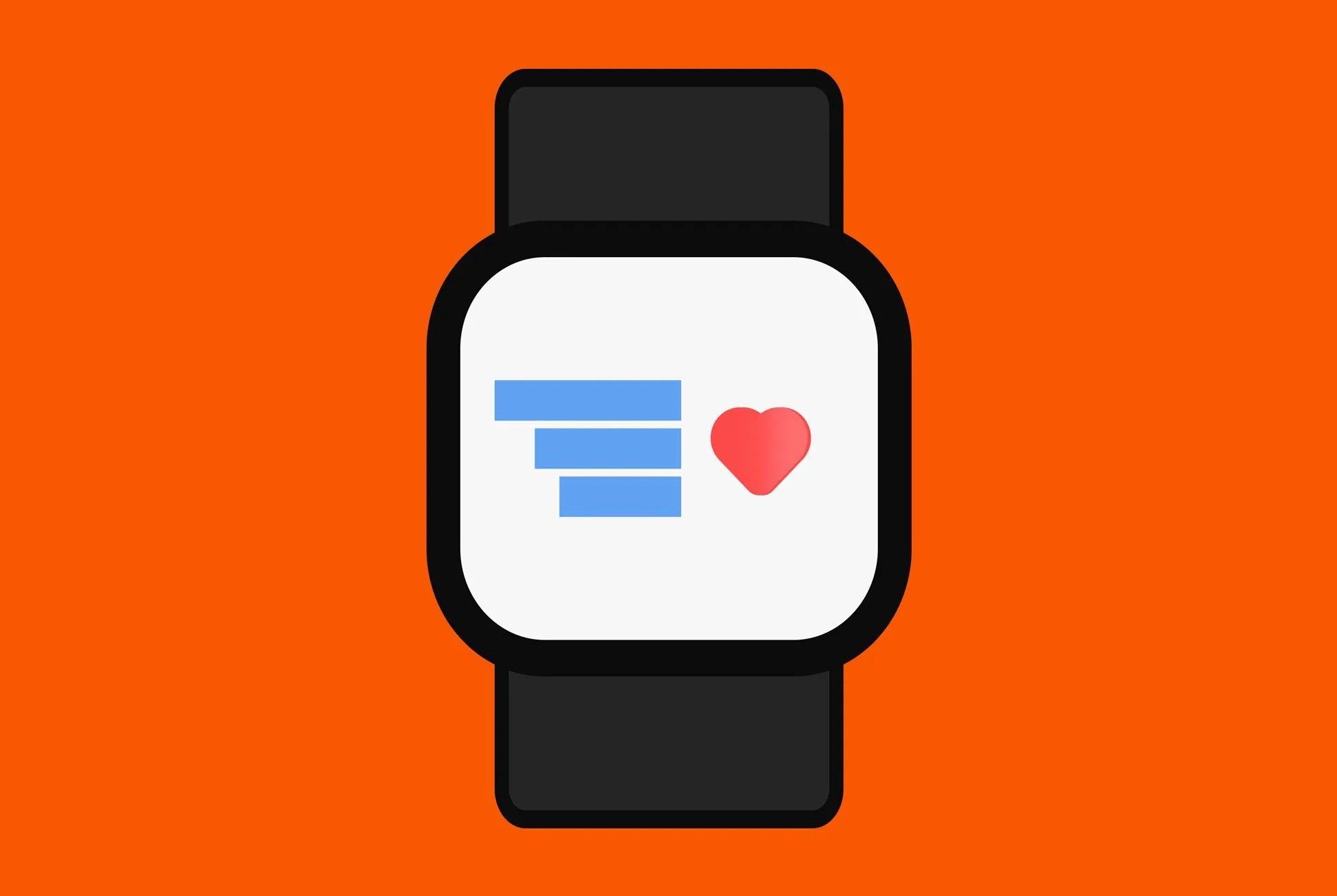Remember when smartphones were a rare, even luxury, alternative to the standard-issue flip phone? That was ten years ago, and since then even the most mundane tasks of daily life have come to rely on, and hinge on, iPhones and the like. Everything is connected, data is everywhere, and we depend on it for everything — including regular fitness. Fitness trackers have progressed along with smartphones and the current breed of heart-rate-measuring, calorie-counting machines are more sophisticated than ever. But do they actually work?
Despite their relative youth, the tech inside the latest Fitbit or Garmin can trace its lineage back to the first polygraph machine, developed in the 1920s, which was designed to measure blood pressure, pulse rate (and fibs), in a much less portable package. Jump ahead 40 or so years and a Japanese company called Yamasa creates the Manpo-kei pedometer; the first iteration of a pocket-sized activity tracker. Throw in accelerometers, altimeters, barometers and a GPS, and you’re almost up to speed with the devices of today, which are all but guaranteed to make us all healthier, faster and skinnier.
The only problem is the human brain. A study published in the Journal of the American Medical Association in September, 2016 conducted by researchers at the University of Pittsburgh showed that people who were attempting to lose weight over a period of 18 months using fitness trackers actually lost less than those who didn’t wear a device at all.
Another study, conducted by psychologists at Brunel University London and the University of Birmingham and published in The American Journal of Health Education in April, 2017, attempted to measure the effects of giving activity trackers equipped with the now-standard 10,000 step goal — a number that originated with the Manpo-kei pedometer — to teenagers for a period of two months. Many of the students gave up the tracker after just a month, and most reported that they actually felt less motivated with a monitor than they did without.
Both of these studies hinge more upon human psychology than the technological function of the device itself. The JAMA study revealed the potential of a health halo, which refers to an effect in which the healthiness of a product is overestimated based on one claim, in that a person who keeps track of his or her daily burned calories might then use that as an excuse to eat more or exercise less. Burned an extra 450 calories? Well, that’s worth a Chick-fil-A Spicy Chicken sandwich! The AJHE study revealed more about motivation and what happens when adolescents feel pressure and are compared to their peers on a fitness leaderboard.
Both of these studies focused on behavior, and neither asked a fundamentally important question: is the data collected by fitness trackers accurate in the first place? The previous studies prove that the answer might be psychologically moot for many, but what about core users like athletes that use fitness trackers to create, and stick to, rigorous training plans? Do fitness trackers work then? Yes. And no.
Another study, this time undertaken by a team of researchers at the Stanford University School of Medicine and published in the Journal of Personalized Medicine in May 2017, answered that very question. In the study, researchers measured the capabilities of seven popular wrist-mounted fitness trackers (the Apple Watch, Basis Peak, Fitbit Surge, Microsoft Band, Mio Alpha 2, PulseOn and the Samsung Gear S2) against medical-grade devices.

